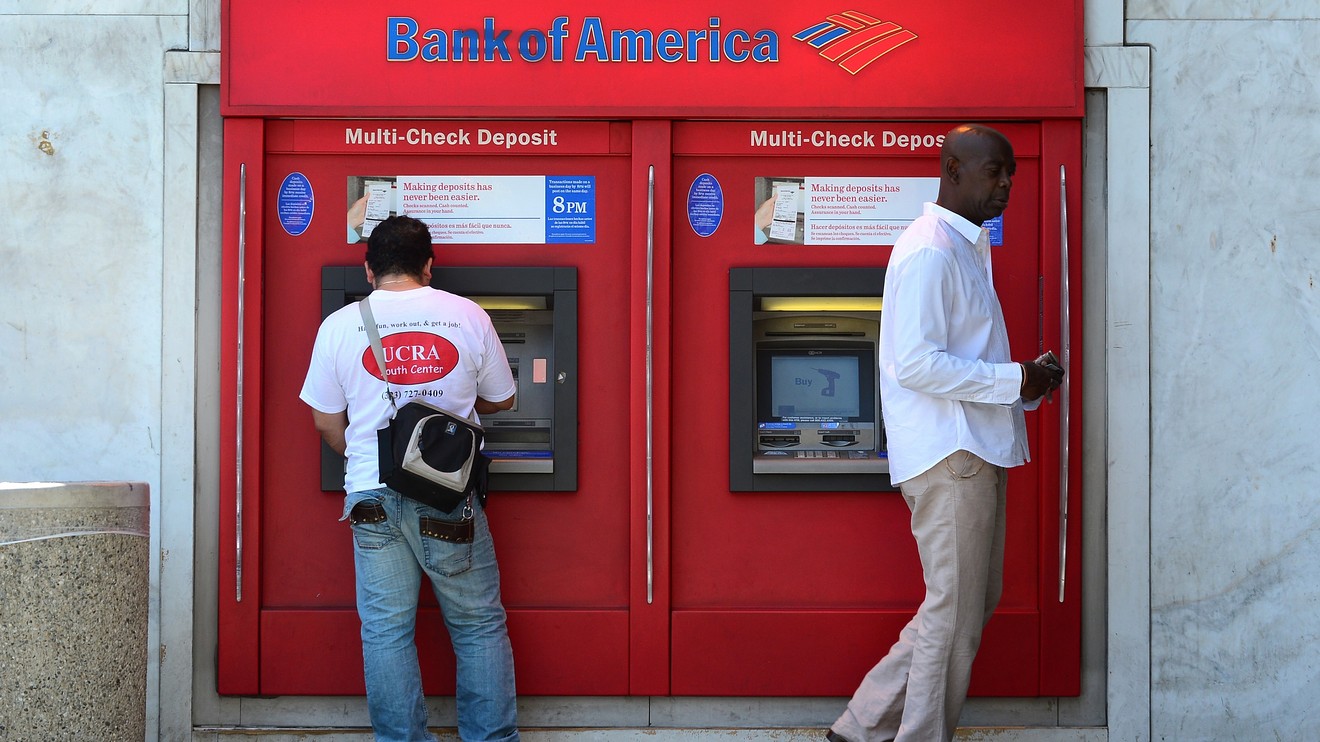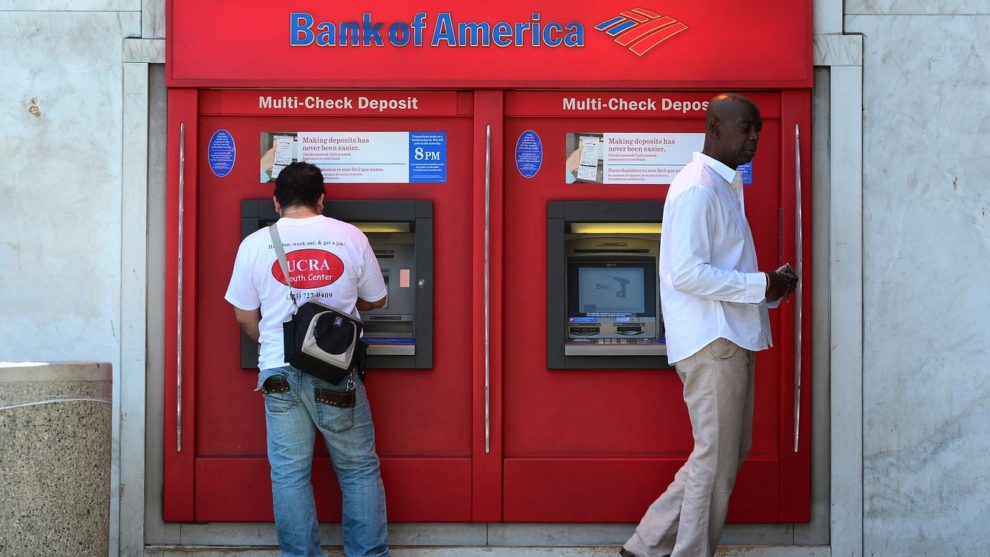
Regulators are pushing for banks, credit unions and savings associations to provide consumers and small businesses with small-dollar loans to help offset the financial burden caused by the coronavirus national emergency. But consumer advocates say these loans could “trap people in a cycle of repeat re-borrowing and crushing debt.”
The Board of Governors of the Federal Reserve System, Consumer Financial Protection Bureau, Federal Deposit Insurance Corporation, National Credit Union Administration, and Office of the Comptroller of the Currency issued a joint letter encouraging banks and credit unions to offer small-dollar loans to their customers.
“Responsible small-dollar loans can play an important role in meeting customers’ credit needs because of temporary cash-flow imbalances, unexpected expenses, or income disruptions during periods of economic stress or disaster recoveries,” the agencies wrote in the letter.
The letter comes after a record 3.28 million Americans applied for unemployment benefits last week as businesses shuttered in the wake of the coronavirus pandemic, laying off or furloughing millions of people.
Regulators said the loans could include open-end lines of credit, closed-end installment loans or “appropriately structured” single payment loans.
Consumer advocates warned that these small-dollar loans could end up resembling payday loans that carry high interest rates and have been shown to trap people in cycles of debts.
“Loans should be offered in a manner that provides fair treatment of consumers, complies with applicable laws and regulations, and is consistent with safe and sound practices,” the agencies said.
The regulators also said that banks and credit unions should consider working with consumers and businesses who cannot repay loans as structured to find ways that they could pay back the principal without needing to borrow another loan.
But consumer advocates warned that these small-dollar loans could end up resembling payday loans that carry high interest rates and have been shown to trap people in cycles of debts. A group of advocacy organizations including the Center for Responsible Lending, the Consumer Federation of America, the NAACP, and the National Consumer Law Center issued a joint statement saying that the banking regulators “have opened the door for banks to exploit people, rather than to help them.”
“Essential consumer protection measures are absent from this guidance,” the organizations wrote. “By saying nothing about the harm of high-interest loans, regulators are allowing banks to charge exorbitant prices when people in need can least afford it.”
The consumer groups also argued that banks should not charge interest rates on small loans that are higher than 36% when financial institutions themselves have access to interest-free loans from the federal government. The statement noted that the consumer groups “will be monitoring whether banks offer loans that help or loans that hurt.”
The Federal Reserve Board and the National Credit Union Administration declined to comment on the consumer advocates’ statement. The other regulators did not immediately return requests for comment from MarketWatch.
Trade groups argued that their industries would be able to support consumers throughout the coronavirus outbreak. “Emergencies like the COVID-19 pandemic are when credit unions’ not-for-profit model is on full display,” Jim Nussle, president and CEO of the Credit Union National Association, said in an email. “We have a strong history of stepping up for our members in times of emergency, providing low- and no-interest short term, small dollar loans to help folks weather such uncertain times.”
Consumer Bankers Association President and CEO Richard Hunt noted in a statement that previous guidance from regulators “cut off banks’ ability to offer customers short-term liquidity.”
“The flexibility regulators have given, combined with their statement today, will help banks more readily adapt to meet consumer demands,” Hunt said. A spokesman for the Consumer Bankers Association added that small-dollar loans would be subject to the same regulations as other bank products.
Earlier this month, the banking regulators announced that they would count lending and retail banking activities targeted to help low- and moderate-income individuals, small businesses and small farms during the COVID-19 outbreak toward banks’ Community Reinvestment Act goals.
Other financial regulators have also taken steps to help consumers during the coronavirus outbreak. The Federal Housing Finance Agency, for instance, ordered Fannie Mae FNMA, +4.99% and Freddie Mac FMCC, +4.64% to instruct mortgage servicers to provide 12 months of forbearance on home loans to borrowers who have encountered financial difficulty as a result of the national emergency.
This story has been updated.
div > iframe { width: 100% !important; min-width: 300px; max-width: 800px; } ]]>






